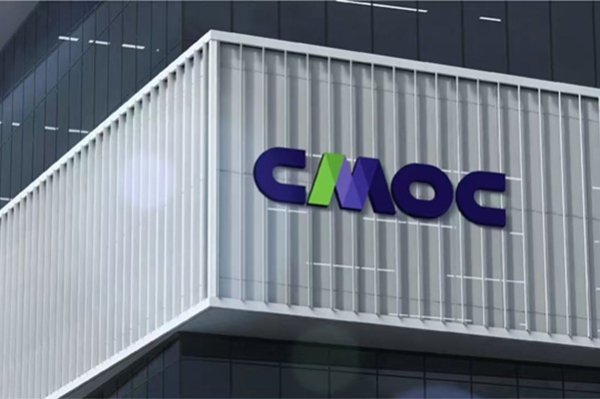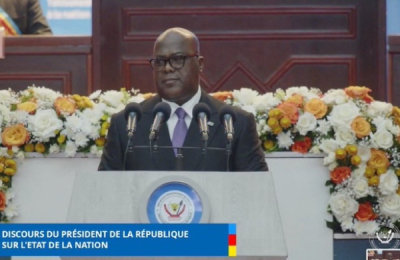IXM, the metals trading unit of China Molybdenum (CMOC), declared force majeure on its cobalt supply contracts on June 30. This decision followed the Democratic Republic of Congo’s (DRC) extension by three months of the cobalt export ban, which was initially imposed on February 22, 2025.
IXM explained that the extended export ban makes it both legally and practically impossible for its suppliers—including Tenke Fungurume Mining and CMOC Kisanfu Mining—to export cobalt-based products from the DRC. This situation directly affects IXM’s ability to fulfill its contractual obligations. The company emphasized that despite the increased volatility in the global cobalt supply chain, it remains committed to managing this disruption responsibly while respecting all contractual and regulatory frameworks.
According to S&P Global Ratings, a European market participant noted that the suspension was inevitable and expressed surprise that it had taken this long to occur. Earlier in March, Telf AG, which markets cobalt for Eurasian Resources Group (ERG), had already declared force majeure to its clients. Glencore, another major player active in the DRC, publicly supported the extension of the export embargo.
IXM’s announcement is likely to unsettle markets amid growing uncertainty about global cobalt supplies. The suspension of exports particularly impacts Chinese refiners, who depend heavily on cobalt hydroxide imports from the DRC.
Behind this export ban, the Congolese government seeks to capture more value from cobalt, a strategic mineral currently sold in raw form on global markets. The country’s mining code imposes a special 15% royalty on cobalt due to its strategic importance. Moreover, the government may impose a superprofit tax if the selling price exceeds the projections made in companies’ feasibility studies.
A Risky Strategy
The public Enterprise Générale du Cobalt (EGC) now manages a significant portion of artisanal cobalt mining. This state entity aims to improve revenue collection from a sub-sector that has long operated informally.
Cobalt prices stood at $33,335 per ton on June 30, 2025, according to Trading Economics. This price represents a 61.7% increase since the initial export suspension was announced. However, it remains well below previous peaks of $79,191 in April 2022 and $95,856 in March 2018.
Market observers warn that the DRC’s hardline approach could discourage mining companies from investing or continuing operations in the country. On a global scale, the export ban could accelerate the development of alternative cobalt projects in countries such as Indonesia, Australia, and Canada.
In 2024, the DRC accounted for 73.6% of the world’s cobalt supply. However, S&P Global Market Intelligence projects that this share could decline to 57% by 2035 due to the gradual depletion of ore reserves and Indonesia’s expanding refining capacity using high-pressure acid leaching (HPAL) technology.
Facing these uncertainties, manufacturers of batteries and electric vehicles—who rely heavily on Congolese cobalt—are accelerating their diversification efforts. These efforts include securing long-term supply contracts with other countries, investing in battery recycling technologies, and developing cobalt-free energy storage solutions. Producers of consumer electronics are pursuing similar strategies.
Georges Auréole Bamba










